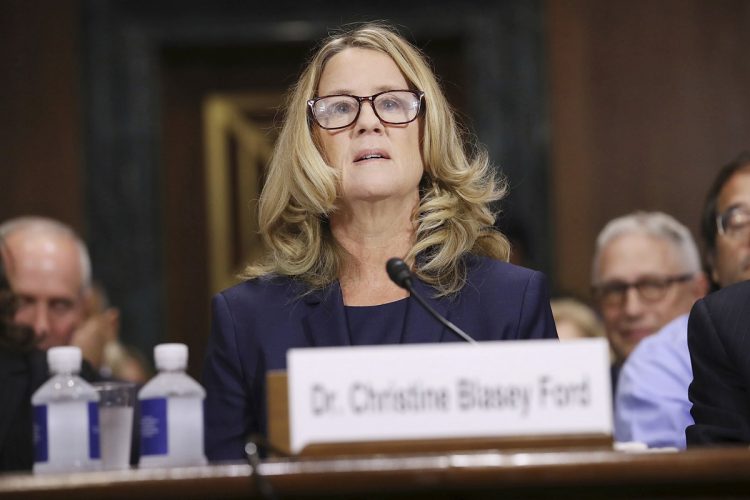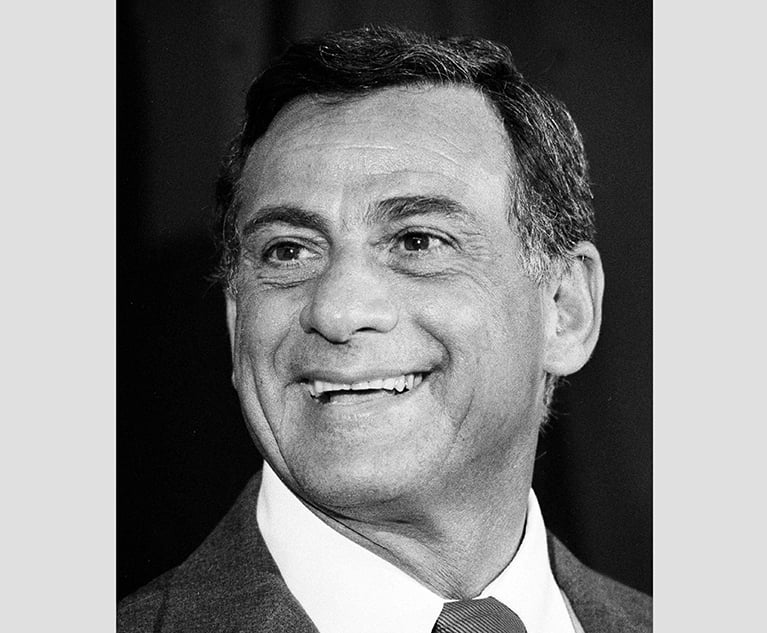The American prosecutorial community held its collective breath when prosecutor Rachel Mitchell was selected to question Dr. Christine Blasey Ford during Judge Brett Kavanaugh’s Senate confirmation hearing. This was the first time that members of the Senate Judiciary Committee hired an active state prosecutor to question a witness—and the nominee—in front of the world. Generally, the consensus amongst prosecutors was that Mitchell had a good reputation, there was no precedent for this, and we would wait and see what happened. What ultimately did happen is that leading up to, during, and after the hearing, Mitchell improperly leveraged her position as a prosecutor to further the goals of a private client. Prosecutors in this country are rightly held to a different standard than other lawyers. This is not a partisan issue, and Mitchell’s conduct must not become accepted precedent in prosecutorial practice.
The National District Attorney’s Association (NDAA) National Prosecution Standards, set forth by the nation’s largest prosecutors’ organization, which represents 2,500 elected and appointed district attorneys and 40,000 assistant district attorneys, establish that in counties that cannot afford to hire a full-time prosecutor, prosecutors are allowed to advocate for private clients provided there is no conflict of interest. And in such private practice, the prosecutor “should not represent clients in any criminal or quasi-criminal related matters, regardless of the jurisdiction or the case.” Reasonable minds can disagree about whether the Senate hearing was a quasi-criminal related matter. Senate hearings are not state or federal criminal court proceedings, although facts elicited under oath could help determine whether local authorities should commence criminal proceedings.


 Christine Blasey Ford testifies before the Senate Judiciary Committee, Thursday, Sept. 27, 2018 in Washington. (Win McNamee/Pool Image via AP)
Christine Blasey Ford testifies before the Senate Judiciary Committee, Thursday, Sept. 27, 2018 in Washington. (Win McNamee/Pool Image via AP)




